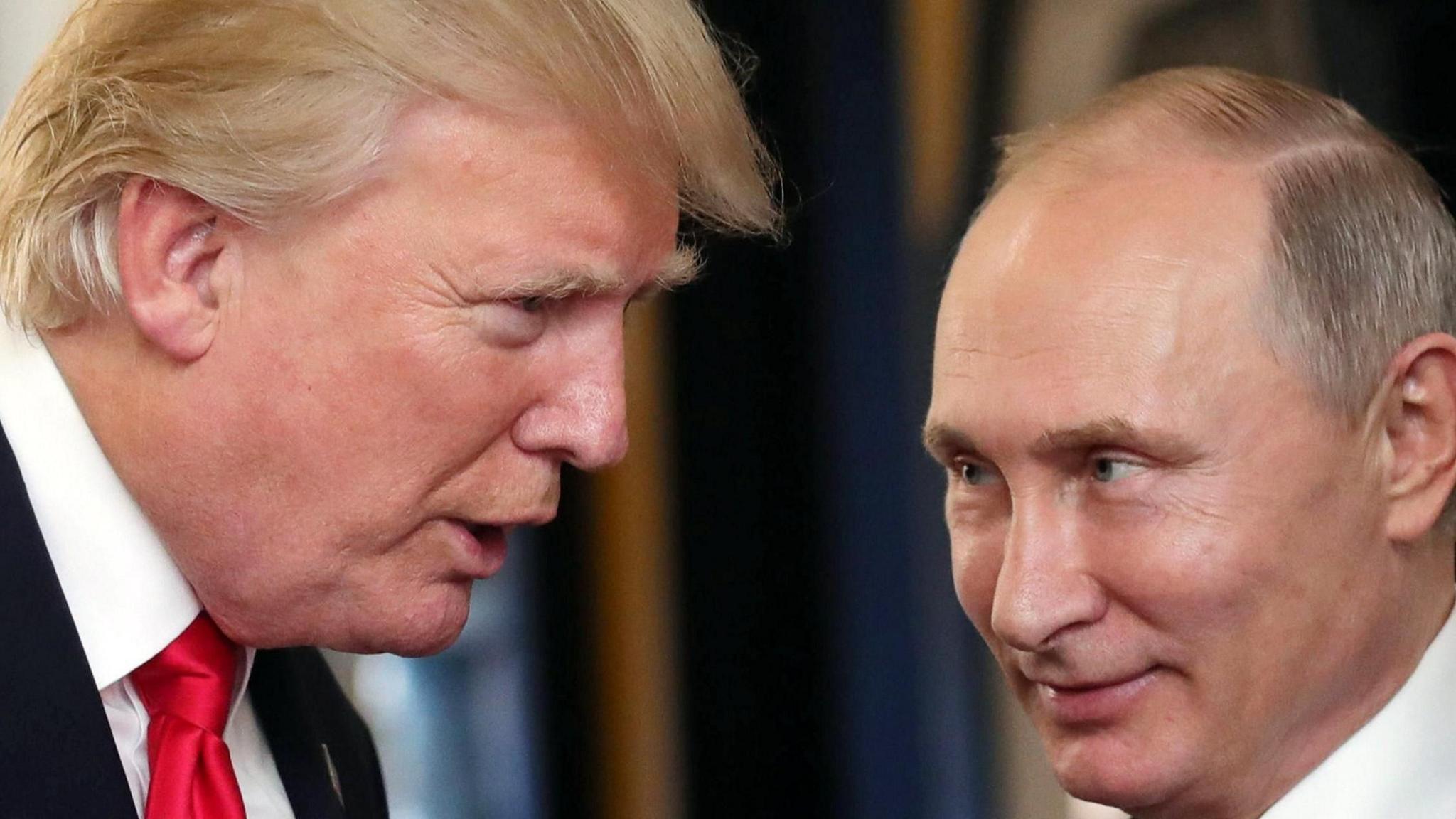The Problem with Nationalism and Why the European Union Still Matters
How populist narratives and outside influence are using national pride to divide Europe and why Britain must reconsider its place in the world.
The European Union, while imperfect, remains one of the most successful peace projects of the modern era. It brought former enemies into cooperation. It replaced suspicion with diplomacy and replaced borders with bridges. It allowed nations to retain their identity while working together for shared goals like economic stability, climate action, human rights, and regional peace.
Today, the EU stands as a major global bloc, rivaling powers like China, the United States, and Russia. And just like in any competition, rival powers have an interest in weakening their opponent. One of the most effective ways to do this is not through war, but through division. By stoking nationalism within European countries, foreign actors create fractures that make the continent easier to manipulate and control.
We saw this strategy unfold with Brexit. Britain was convinced that leaving the EU would give it freedom and sovereignty. But what actually happened? We lost influence, faced economic damage, weakened our international alliances, and found ourselves increasingly isolated on the world stage.
This is the nationalist playbook. Promise freedom, deliver chaos. Campaign for free speech, then erode it once in power. Talk about pride, then turn that pride into suspicion, fear, and division. The louder a government shouts about sovereignty and control, the more you should look closely at what freedoms are being quietly taken away in the background.
And while nationalism builds walls, the EU builds systems. It is a community where disagreements are resolved at negotiating tables, not battlefields. It is a framework that encourages trade, protects rights, and holds countries to higher democratic standards. It is not flawless, but it is based on cooperation, which is the foundation of peace.
True patriotism is not about rejecting others. It is about securing the best future for your country and your people. And in the modern world, no country thrives in isolation. Cooperation with our neighbours makes us stronger, not weaker. That was the whole point of the European project to begin with: peace through unity.
The tragic irony is that those who stirred up nationalism knew exactly what they were doing. They preyed on people’s love for their country and turned that love into a weapon. They told proud citizens that the EU was holding them back. That foreigners were taking too much. That freedom meant walking away. It was a manipulation. It was never about strength. It was about weakening us for their own gain.
To those who still believe in unity, diplomacy, and progress, the path forward is clear. We must stand against the nationalism that divides and return to the cooperatism that uplifts. That means re-engaging with the European Union, not for sentimentality, but for survival.
The EU represents a future of peaceful competition, mutual support, and shared prosperity. In a world facing climate change, mass displacement, and rising authoritarianism, Europe is stronger together. And so are we.


Comments
Post a Comment